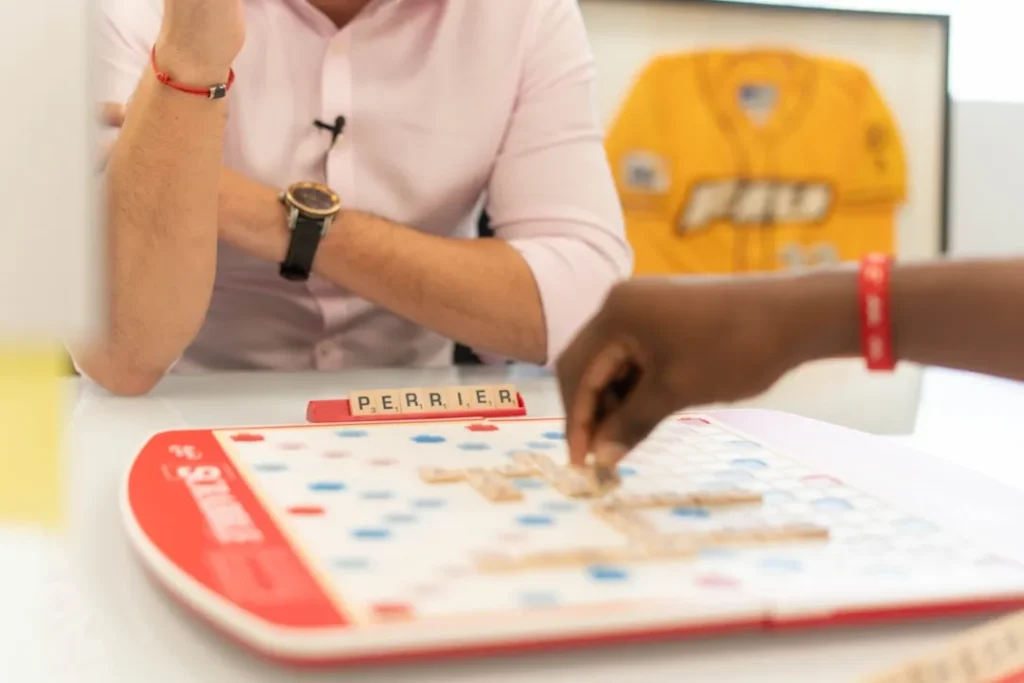Studious endeavours needn’t be solemn affairs marked only by silent libraries and furrowed brows.
Equally integral to the cultivation of a well-rounded intellect is the infusion of fun and engaging activities into the academic routine.
The synergy between enjoyment and education can yield remarkable benefits for students of all ages, enhancing not just information retention but also fostering innovation and a love for lifelong learning.
In this article, we delve into the multifaceted advantages of blending pleasure with study, providing a fresh perspective on effective learning strategies.
Keep reading to discover the transformative power of fun in academic excellence.
Exploring the Link Between Fun Activities and Enhanced Learning
Educational research well-documents the connection between leisure activities and improved cognitive functioning.

Fun activities stimulate the brain, promoting an agile and receptive state of mind, which in turn aids in absorbing complex subject matter.
Such engagement often leads to deeper understanding and long-term retention of information.
When students partake in enjoyable learning experiences, stress levels typically decrease, allowing for a more positive and conducive learning environment.
The reduced anxiety creates mental space for curiosity to flourish, making the assimilation of knowledge more natural and less forced.
Interspersing studies with moments of enjoyment also helps to sustain motivation and interest in one’s educational journey.
It’s the feeling of a challenge being enjoyable rather than a chore that leads students to initiate and persevere in their learning tasks.
The mind is thus attuned to discovery and ready to confront complex ideas with a can-do attitude.
Moreover, incorporating pursuits like free social casinos into leisure time can indirectly benefit learning by improving strategic thinking and decision-making skills.
It’s this kind of lateral advantage that fun activities can unexpectedly bestow upon serious students, broadening their cognitive toolbox in surprising ways.
Balancing Academic Rigor with Playful Learning Approaches
Bridging the gap between stern academic rigour and playful learning can seem like a daunting task.
However, by strategically introducing elements of fun into study routines, educators and students alike can experience a harmonious blend of diligence and delight.
This balance has been shown to enhance engagement without compromising the quality of education.
Playful learning approaches take many forms, from gamification of course content to the introduction of group competitions and interactive simulations.
These methods aim to animate the learning material, which can make even the most daunting subjects more approachable and digestible for students.
It’s not about diminishing the seriousness of academic goals but rather about enhancing the journey towards them.
By incorporating creative activities that resonate with and invigorate students, educators can construct a learning atmosphere that is both challenging and enjoyable.
Moreover, an MBA in sports management is just one example of higher education embracing playful approaches.
Case studies, management simulations, and team projects are woven into the curriculum to stimulate real-world scenarios, underscoring the importance of fun in academic advancement.
To explore more about these programs, search online for ‘MBA in sport management‘ to find detailed information and opportunities.
The Role of Play in Promoting Creativity and Critical Thinking
Play is not just for children; it is an essential component of cultivating creative and critical thinking skills in learners of all ages.

The spontaneous and imaginative nature of play allows individuals to explore scenarios, experiment with outcomes, and innovate without the fear of failure typical in more rigid academic settings.
Engaging in creative play sets the stage for thought diversification.
It is in these moments of freedom that students often find unique solutions to common problems, breaking away from conventional modes of thinking.
Encouraging such play in educational contexts can lead to a rich exchange of ideas and perspectives that enriches the learning experience.
When creativity is summoned through play, students learn to approach problems from multiple angles. This kind of lateral thinking is invaluable not only in academic pursuits but also in real-world applications.
The link between playing and problem-solving is an intrinsic one that schools and universities are increasingly recognizing and integrating into their curricula.
Furthermore, play fosters resilience as it equips students with the ability to cope with uncertainty and develop a growth mindset.
Through enjoyable trials and errors, they build a mental toolkit that can navigate and adapt to varying academic and professional landscapes.
Altogether, the integration of fun activities into academic routines not only enhances learning outcomes but also nurtures creativity, critical thinking, and a resilient mindset.
By striking a balance between rigour and enjoyment, students are better equipped to excel academically while developing skills that extend far beyond the classroom.
People Are Also Reading
How Playing Sports Benefits Your Body & Mind?
Get In Touch
I have also written and compiled some articles on computers and telecommunications, and please go through them.
I hope you will like reading it.
All the questions and queries related to the How Fun Activities Benefit Serious Students.
If you have any questions regarding Cultivating Creativity and Innovation in Student's Learning Process. You can contact us via email.
Don’t hesitate to contact me, and if you want to add, remove or update anything from the article, please let me know in the comment section or via email.
I will be more than happy to update the article. I am always ready to correct myself.
Please share this article with your friends and colleagues; this motivates me to write more related topics.
!!! Thank You for Reading !!!
